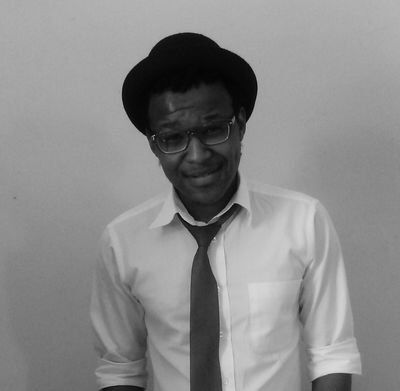
Inheriting an apartheid-era educational system, as well as lack of support in the home has contributed to the high dropout rate of black and coloured youth in higher education. This is according to Statistician General, Pali Lehohla, who also pointed out, “It is probably the consequence of successful policies of opening doors of learning without adequate support to take us throughâ€. Lehohla was addressing the Fees Commission on Monday.
“The kind of assistance available to these students is not adequate,†said Lehohla. And although stats pointed to an increased net number of black students entering university, the proportion of those succeeding is in fact regressing.
He pointed out that black students performed better between the 1960s and 1980s, despite fewer having entered into universities, while there are currently fewer than 50, 000 black students successfully completing university each year. “If they are 30, 000 or 40, 000 white [students] coming into university, you would expect 200, 000 Africans to enter university every year.
“But it’s only 47, 000, and once they’ve entered that university, they actually head south.†Where previously there were 1.2 successful white students for one successful black student, that number has now risen to six successful white students for every successful black student.
Black students do not succeed at university for a variety of reasons, and often find themselves ill-prepared for the challenges that await them. The lack of support at home is often due to circumstances perpetuated by poverty and inequality, where in a country of 9.4 million youths, 3.1 million of those were poor. It’s not just that they come from poor backgrounds that see them being deprived of basic needs and a general lack of resources; many also find themselves the product of single parent households.
There is also the unique situation of uneducated parents who may find themselves overwhelmed by the demands of their children’s higher education needs, thereby compromising their ability to adequately help and offer support. There are tales of lived experiences when well-meaning black parents have children in pursuit of a university degree, but haven’t even the slightest idea what it is their children are studying.
Many students are also forced to migrate in attempts to achieve higher education and training, and this leads to further issues. Matters such as the availability of accommodation are a cause of angst, with the Fallist movement pulling the curtain down on the housing crisis that exists on campus.
There are instances where students may have to work just to be able to support themselves while studying, because their families can’t. The burden to succeed can also be something that weighs heavily on the many students who carry the hopes and dreams of their families with them. They carry the cross for the opportunities denied to those that came before, while navigating a system that was in truth, never designed with them in mind. The pressure can to be too much, given the lack of support black students are privy to, as opposed to their white, Indian, and Asian counterparts, whose communities invest in them in a manner that help yield continuous and generational results.
During his address, Lehohla mentioned that free higher education was possible for those in need, it was just a matter of who would fund it. But with black and coloured South Africans systemically failing to secure the necessary resources to enjoy their adult lives, the direct impact is felt mostly by their children. And any prospects South Africa may harbour regarding the lived reality of having a country with five million graduates, rests on more being done to curb the current pandemic.
Gosiame Legoale is an attempted scribbler.









